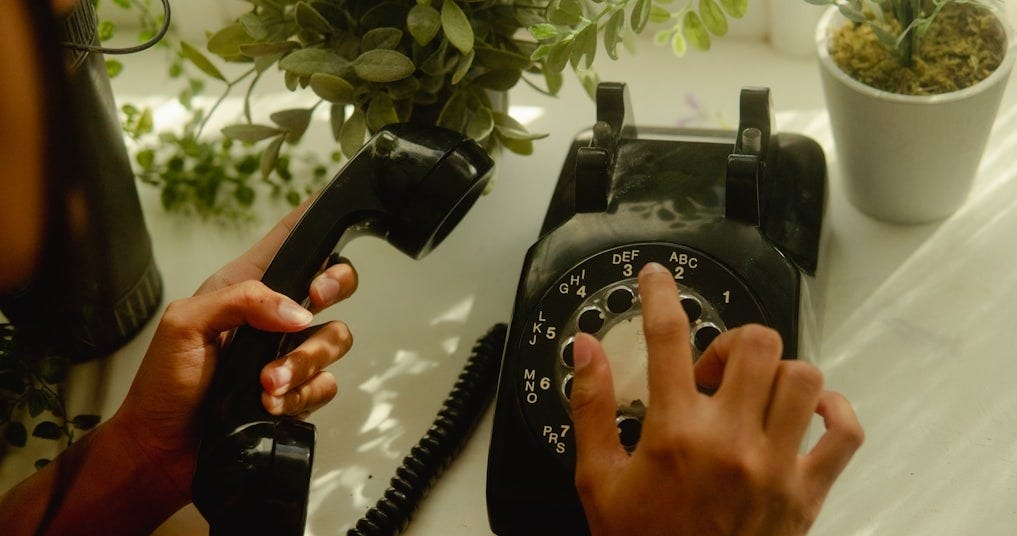I see my mother circa 1952 sitting on a dining room chair at a piece of furniture that’s a combination liquor cabinet and telephone table. Neither of my parents drank but in the fifties you were required to have a selection of bottles of brown booze on hand for entertaining. Entertaining was not the same as what we call hanging out. It involved ice cubes and salted peanuts. The bar was just outside the swinging door to the kitchen in a highly trafficked area of our apartment on 83rd street. From this perch, my mother, Henrietta, managed the medical complaints of a vast horde of friends and relatives. She had an encyclopedic knowledge of who was scheduled for surgery, who was having treatments and diagnostic tests and who had received the dreaded news that there was nothing else that could be done. She knew who had been referred to which specialist and, in the event that someone was having difficulty getting an appointment with a particular “top man on Park Avenue,” who to call to make that happen. She had an imposing managerial style but was also, I later realized, genuinely interested in trying to help. She cared about these people and wanted to be present to them. I trace my Hospice chaplaincy to her immersion in other people’s troubles.

Still, we are none of us consistent. We have strengths and weaknesses and sometimes they contradict one another and result in a personality profile that doesn’t quite hang together. All the attention Henrietta paid to Aunt Ella or Uncle Teddy when they were sick didn’t compensate for my experience of her absent mothering of me when I was an infant. For some reason, now lost to history, my mother and I came back from the hospital in the summer of 1945 with a baby nurse. It could be because Henrietta was 38 when I was born and was considered over the hill, too old to manage infant care. The nurse supervised my feeding, my bedtimes, my bathing. We were middle class people, not fancy. But I had a uniformed person in attendance when I was a newborn and this nurse, according to my watchful sister who was ten at the time, was a tyrant, a martinet. The nurse changed my life, telling my mother what to do and insisting that she do it. She was a believer in the postwar child-rearing philosophy that dictated that children must be fed every four hours and not a moment sooner. This received wisdom resulted in screaming hungry babies left alone without warmth, without sustenance while the clock ticked, rather like cancer patients waiting for their morphine. I imagine that I had no idea when or if she would ever feed me. In a deep, pre-conscious part of myself, I remember it as a kind of abandonment. I didn’t know my mother had allowed herself to be disempowered, mesmerized by the nurse. The nurse as you can see doesn’t even have a name.
My life was deeply impacted by this nameless woman in white. I was always waiting to be cared for. Sleep did not come to me and has always been elusive. Being left alone in a dark room was beyond the pale. Later, if my parents went out and left me with a babysitter or my ancient grandmother, there was no question of going to sleep until I heard the key in the lock. Waiting of all kinds became a form of torture and with that came my battle with impatience. Do not ask me to wait on the tarmac. I will tear my hair out.
Now late in life, my effort to enlarge my capacity for patience and compassion for myself and others is bound up with learning the ropes of uncertainty and waiting. I have found that periods of retreat, being alone with my own particular dialect of suffering is helpful. When Frank and I first arranged for an annual six week separation in the spring of 2023, I thought it was about learning to be with myself as a sort of in-service training in the event that he would predecease me. Now in my third season of solitude, I’m experiencing the broader value of being alone. I’m redressing the harm done to me by that nurse with my mother’s complicity. I am feeding myself a diet of avocados and self-advocacy and this nourishment is strengthening me and enabling me to better face the weeping world.
*******\***************************************************************************************
Many Voices will now accept contributions from all subscribers. At this critical time, we need to hear what everyone has to say. Please let me know if you have work that you would like to send to seventysomething for our Many Voices feature. Make your voice heard. Write to me at seventysomething9@gmail.com.
For writers looking for a wide range of recommendations of good books and good writing, I strongly suggest you check out auraist.
Please consider upgrading to a paid subscription to support seventysomething and have access to the archives. Your ideas are always welcome.
*************************************************************************************************************
Copies of my 2019 essay collection, Twilight Time: Aging in Amazement, are available directly from me (signed) or from your local bookseller.





oh, Susie. My heart is aching. I just want to cry. I'm so, so sorry that happened to you.
You know, when my kids were very small I had a neighbor who did this to her infant, lovingly believing that she was "raising kids G-d's way". This was a Christian movement about 30 years ago which I hope and pray has ended, but she said to me that "G-d's world has order so we make order for our babies. Soon the baby will learn to relax and trust that she will be fed and changed regularly". Meanwhile I was in the "attachment parenting" camp so I was appalled. I'm sure I found ways to harm my kids too though; we all do.
Susie this line particularly struck me: "I trace my Hospice chaplaincy to her immersion in other people’s troubles." The bright and dark of it, and the beauty of your taking this time to continue to deepen and grow your amazing spirit. Thank you for sharing this with us.
A realistic and hard won assessment. A preverbal feeling of no-safety is grievously wounding First, recognizing and then struggling to overcome is not for the faint hearted. But it can be done or at the least modified. As you have articulated clearly.